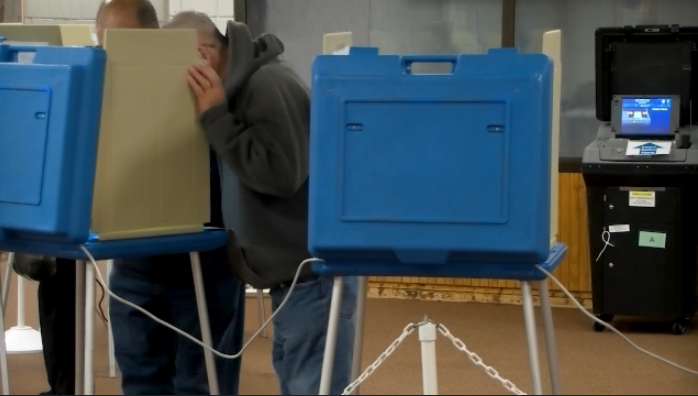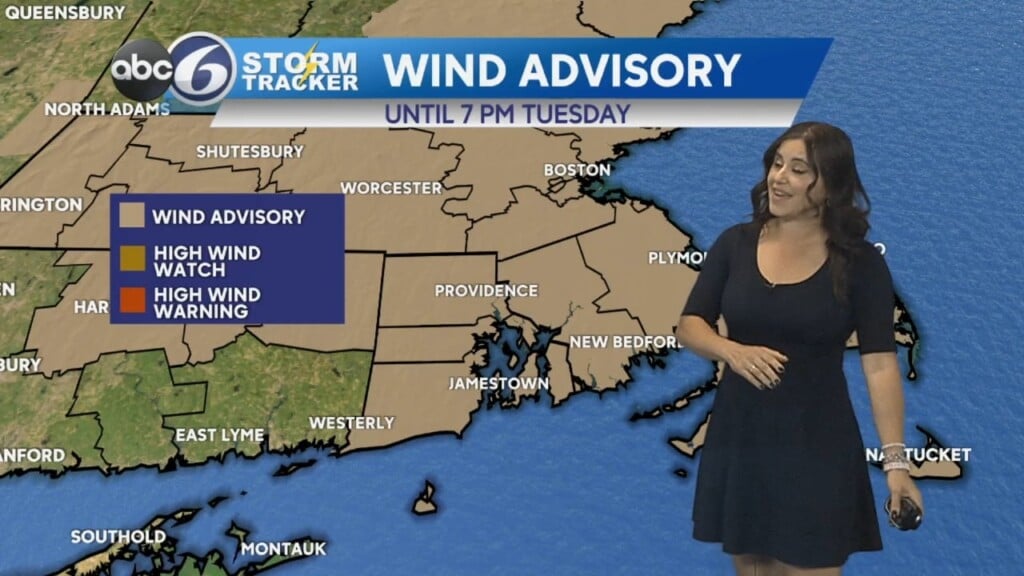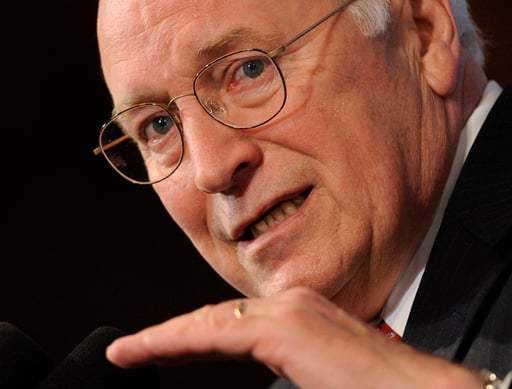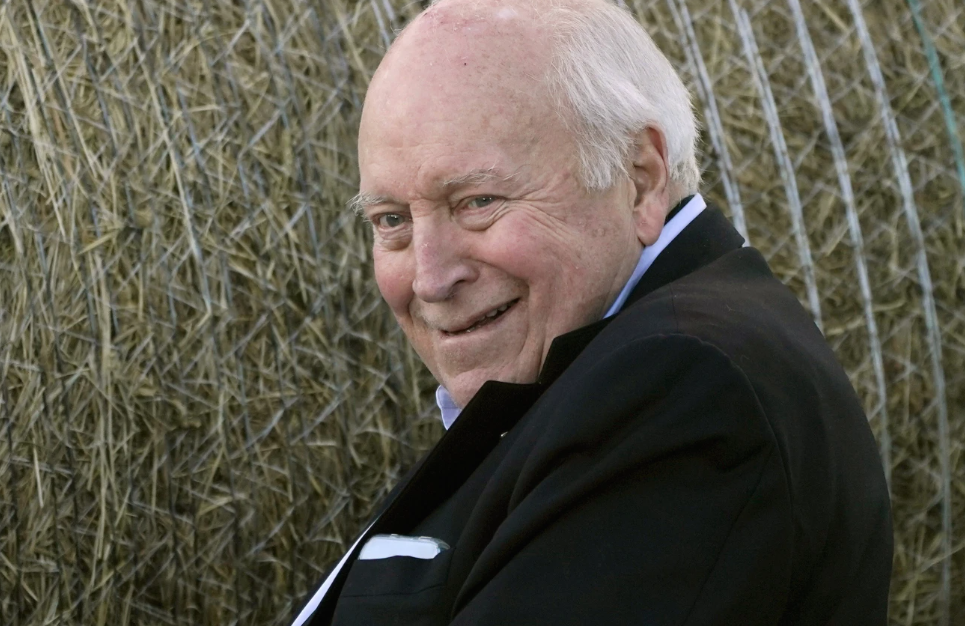Local Police Chiefs Association weighs in on body cameras
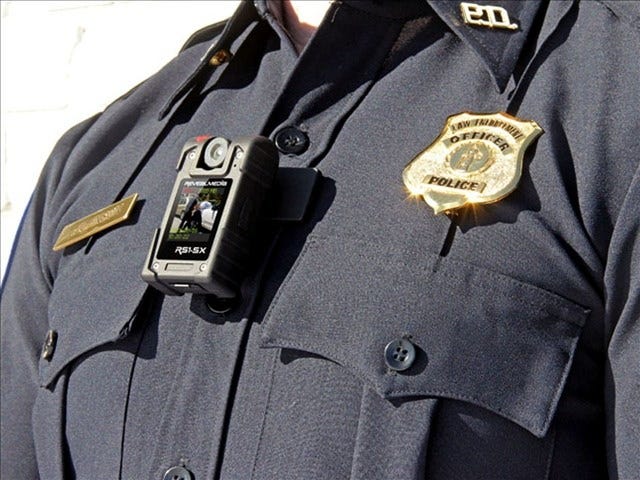
By: Dee DeQuattro
Email: ddequattro@abc6.com
Twitter: @deedequattro
As protests sweep the nations over the decision of a Ferguson Grand Jury to not indict the police officer who shot and killed 18-year-old Michael Brown, President Obama has called for federal funding to help equip local police departments with body cameras for police officers to monitor interactions between police and members of the public.
In
“We agree that officer-worn body cameras have great potential to enhance the transparency of policing and would help to address concerns by some in our society who harbor distrust for police. There is great value in having video/audio recordings of official police interactions with citizens, as it creates an independent record which can be used as evidence in criminal proceedings, civil proceedings, and assist police with investigations into allegations of police misconduct.,” said Elwood Johnson, the current president of the Police Chiefs Association.
At the same time Johnson said the association has concerns regarding the costs of the equipment and the burden posed by blanket public records request of the recorded video.
“The President’s plan, based on the news article that I read, calls for $75 million in federal funding to cover 50% of the cost of 50,000 body cameras. The reality is that there are many more than 50,000 uniformed police officers in the country, so the funding will not equip every police officer on the street. Furthermore, states and municipalities will have to match the federal funding at 50% per camera, which currently average from $800-$1000 per unit,” said Johnson. He also pointed to the additional costs of data storage plans or device.
Additionally the association has concerns with the “potential administrative burden” of complying with ‘blanket” public records requests for the recorded video.
Johnson reference the variety of duties police officers have ranging from routine traffic stop to dealing with more violent crimes.
“Imagine the staggering volume of video/audio files that would have to be stored, and the potential burden of having to review each one of those hundreds or thousands of videos independently, second for second, frame by frame from start to finish. When an administrator prepares a response to such a request, they must ensure that their agency is not releasing video images or statements by people who have a right to privacy, “ said Johnson.
Johnson said for smaller police departments the burden could have the potential to overwhelm administrative staff.
Johnson said many of the local police chiefs would like to see these concerns addressed before the departments request the equipment and ask their municipalities to contribute to the funding.
“I think it is the right direction for the future of law enforcement, so I am hopeful that we can work towards it successfully,” said Johnson.
(C) WLNE-TV 2014
